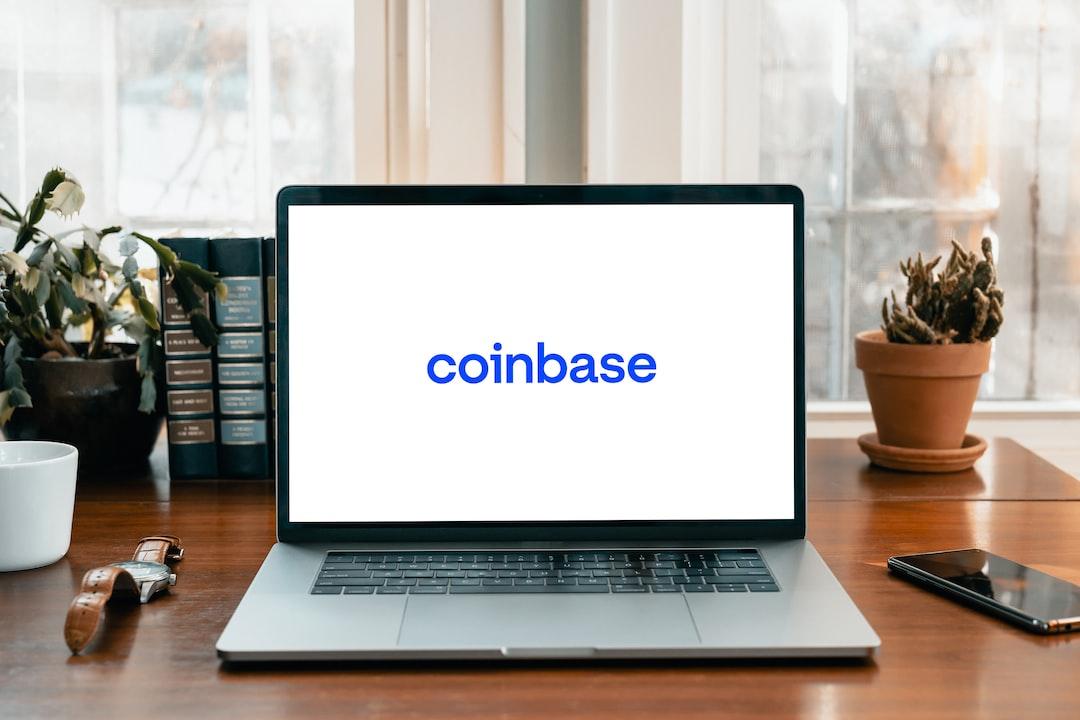The European Union (EU) has received advice to prepare for the convergence of blockchain technology and artificial intelligence (AI). The European Blockchain Observatory and Forum (EUBOF), an initiative by the European Commission, recently released a comprehensive report on blockchain developments in Europe. The report, authored by the Directorate-General for Communications Networks, Content and Technology, emphasized the potential of blockchain to integrate with other technologies and drive innovation.
One significant trend identified by the EUBOF is the growing convergence between blockchain and AI. The report highlighted that sensitive AI data sets can be securely stored on the blockchain, making it particularly useful in sectors like healthcare and finance where data security is crucial. Additionally, the convergence of these two technologies can facilitate the creation of decentralized AI networks. The report also noted that AI can enhance the functionality of smart contracts, making them applicable across various industries.
The European Commission’s study recognized the continuous growth of the decentralized finance (DeFi) ecosystem and predicted the launch of new protocols and emerging applications. Furthermore, the EUBOF anticipates that the inherent interoperability, sustainability, and energy efficiency of blockchain technology will drive its widespread adoption.
In light of these findings, the EUBOF made several recommendations, including positioning itself as a global knowledge hub for blockchain, strengthening Europe’s engagement with different stakeholders, and addressing challenges arising from new innovations.
In a parallel development, on May 24, the EU announced plans to amend the current regulation governing the European High Performing Computer Joint Undertaking (EuroHPC), which governs the use of supercomputers for AI development. EuroHPC currently manages nine supercomputers across Europe, and the proposed amendment aims to establish new AI factories to further support AI development. Under the new regulation, hosting entities can receive up to 50% of the acquisition and operational costs of AI supercomputers from the EU. Ownership of these machines can be transferred to the hosting entities five years after acceptance testing.
In related news, the SEC is facing a formidable battle against the legal firepower of the crypto industry, likened to the epic showdown between Godzilla and Kong.

